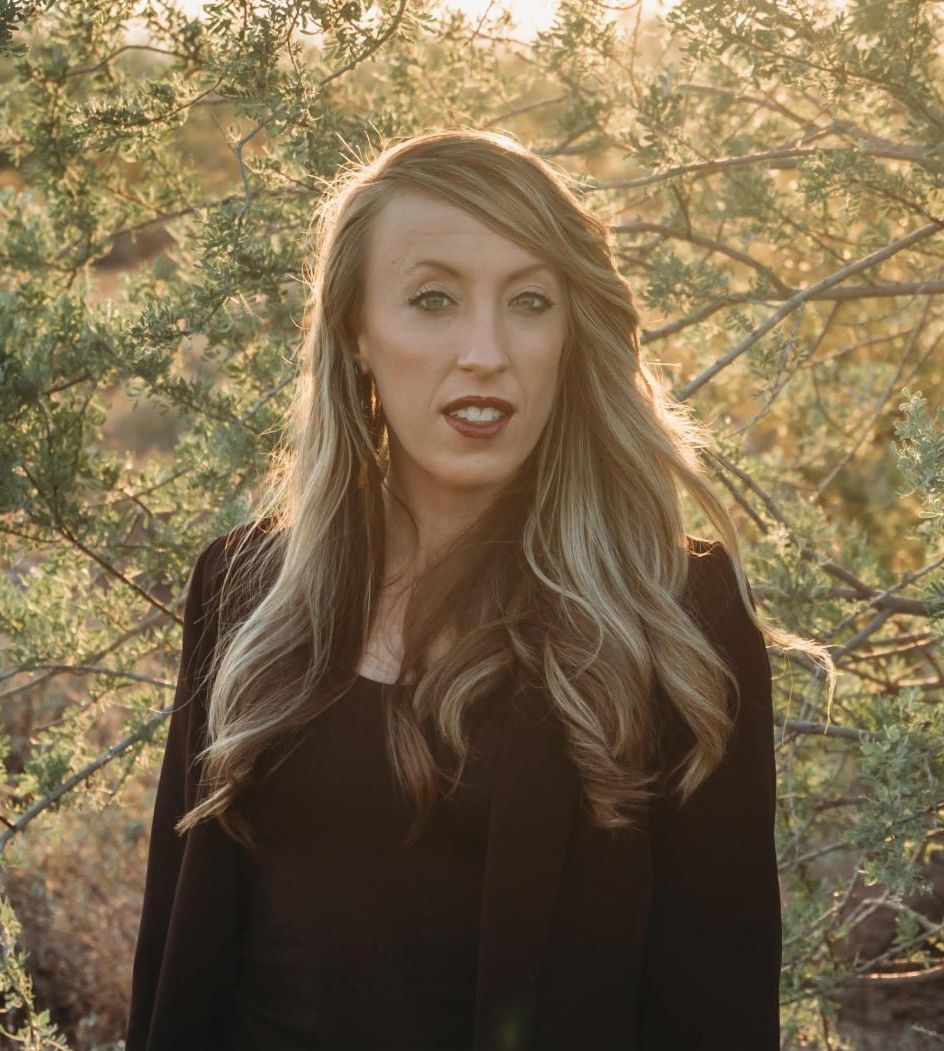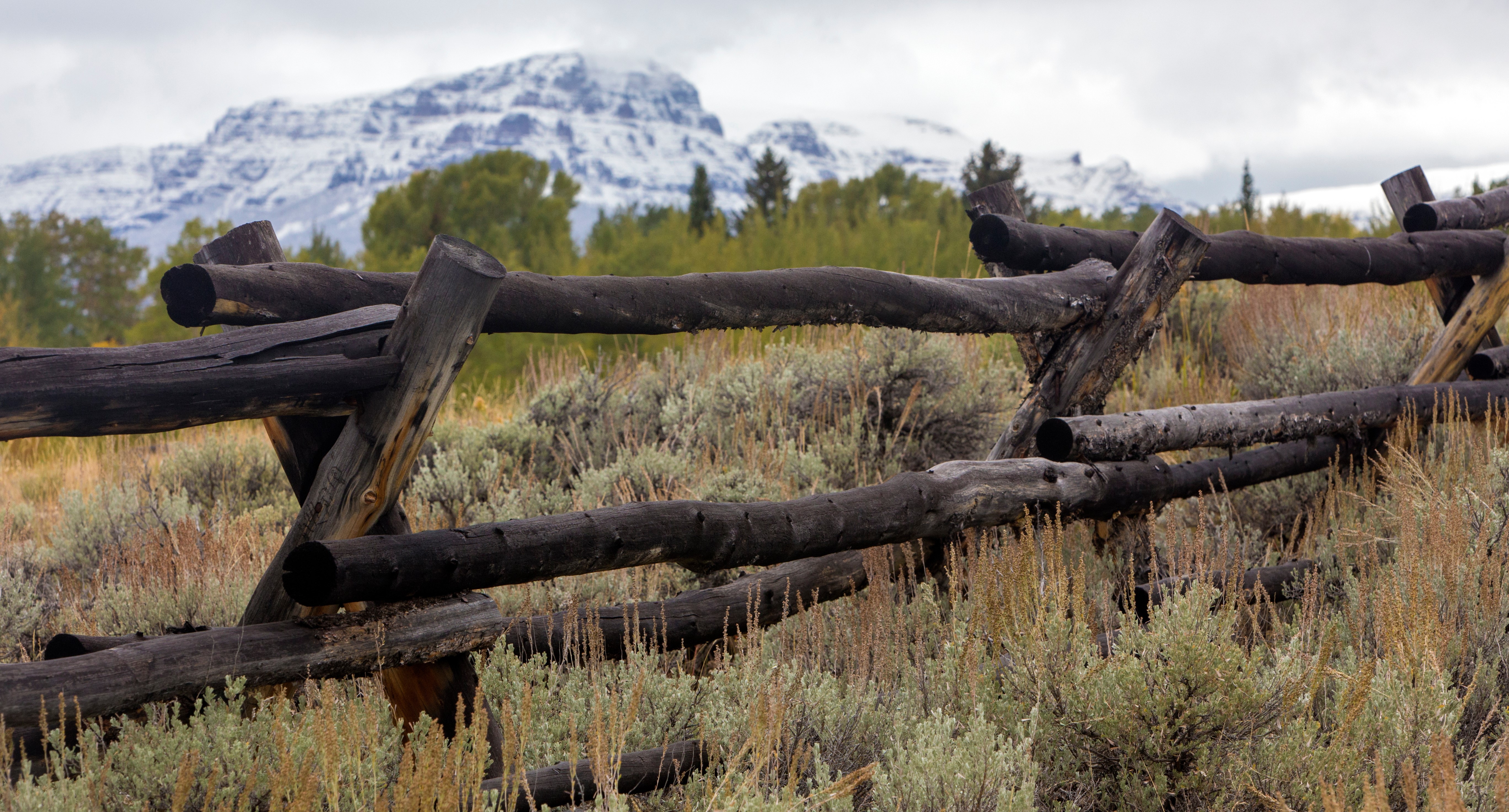
Amber Morin
Who will look out for your federal grazing permit interests while you are busy running your ranch? This question has been on my mind since childhood, repairing fences and working on water distribution across pastures with my family. My second question was: Why would someone want to impede our grazing interests when we help feed the nation, responsibly manage natural resources, work collaboratively with our federal and state range managers, and do work that most people do not want to do? Thirty years ago, we needed to communicate better, and that challenge remains in front of us today.
These questions and challenges have infused my interest in better understanding federal land management agencies' administrative issues. They have also encouraged me to continue ranching and pursue collaborative conservation as the Fort Huachuca Sentinel Landscape Partnership Coordinator. Sentinel Landscapes are areas where conservation, working lands, and national defense interests converge.
As one of four Arizona Public Lands Council (APLC) representatives in our state, I am responsible for ensuring public lands grazing has an advocate here. For me, being an advocate means not only writing comment letters on relevant issues but also being solution-oriented and communicating on permit-specific issues. It is well known that culture can become policy in regional land management and regulatory offices. There are ways to work through that, but it means developing relationships with unlikely allies is necessary. This is even more true for states and regions whose culture holds anti-grazing beliefs. Although, optimistically, the Supreme Court’s action in Loper Bright Enterprises v. Raimondo overturning “Chevron deference” should alleviate the pressure.
The APLC comprises three cattle permittees: Brian deGanahl, Bob Prosser, and James Rasmussen. We receive support from the Arizona Cattle Growers’ Association, which takes an active role in representing federal grazing permittees along with the APLC. This last year, Arizona's Bureau of Land Management’s Public Lands Rule was, and still is, front and center. Furthermore, many of our permittees struggle with off-highway vehicles degrading their grazing permits, and many are concerned about environmental groups suing their regional offices. It is critical to ensure permittees have the tools they need to be prepared for positive and negative engagement with agencies. This is where APLC has provided the most benefit. If there are questions, concerns, or issues, we are here to get answers, assist in agency engagement, write comment letters, and advocate for federal permit holders in Arizona.
On a lighter note, I know of one Arizona agency personnel who was labeled a “cow-loving bureaucrat” for simply doing their job. While this was meant to be an insult to some, I commend bureaucrats like this. I hope you do, too. Their jobs are not easy either.
